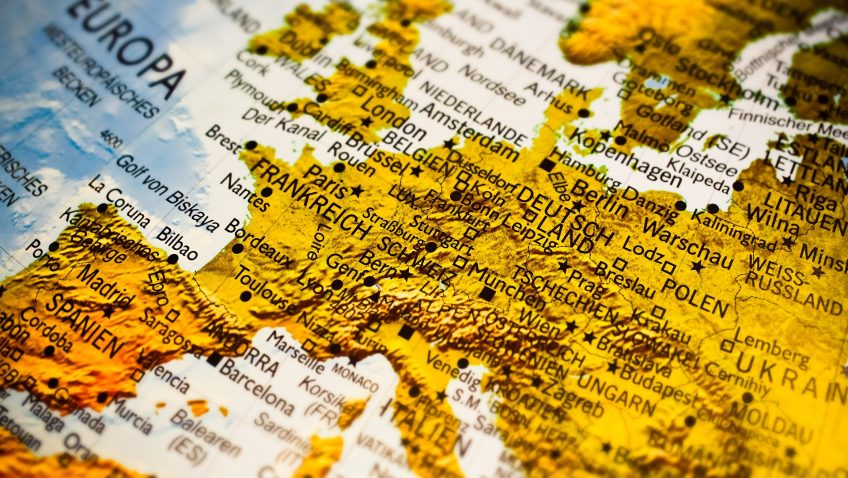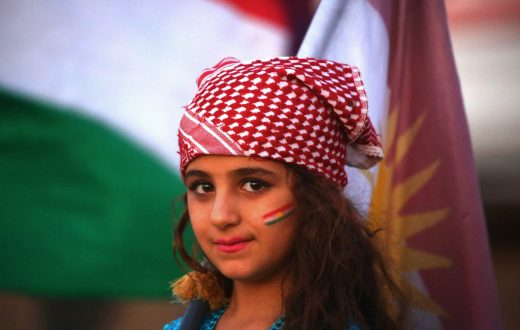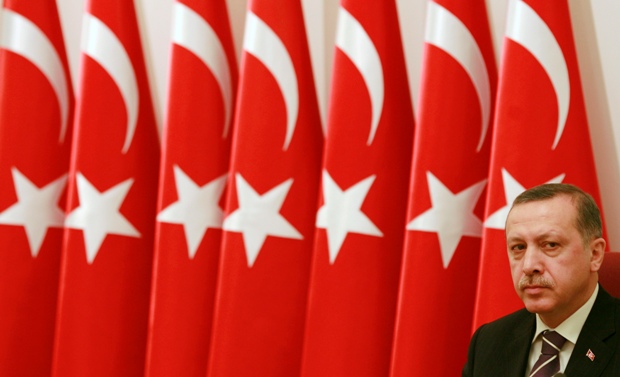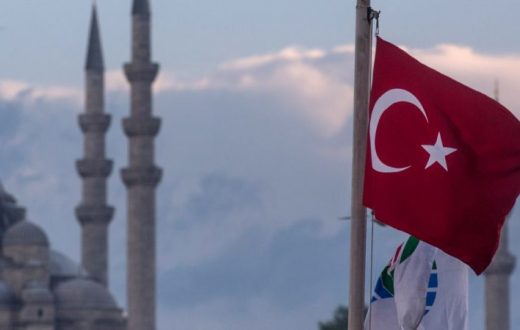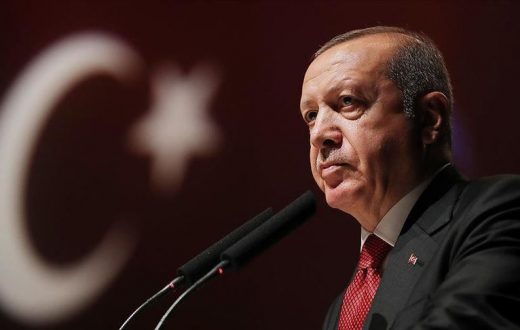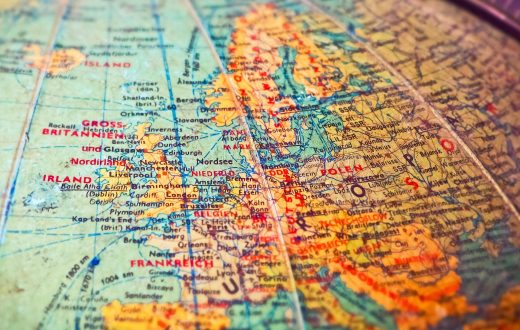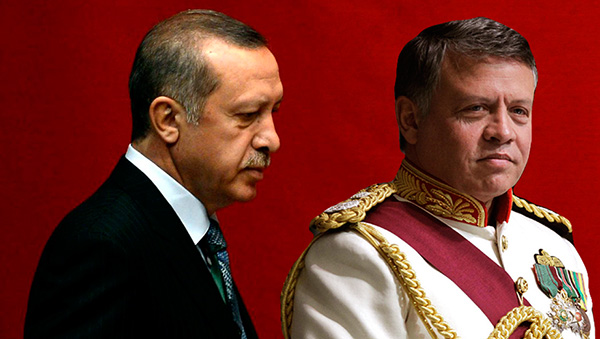A EUROPE IN HIGH TENSION
Europe knows tensions since almost two months now. It all begins in August during Belarus’ presidential election for which the president Loukachenko is accused for fraud and provoked a popular uprising to denounce what just happened. At the same time, Turkey is accused of violation international law by crossing the European sea zone.
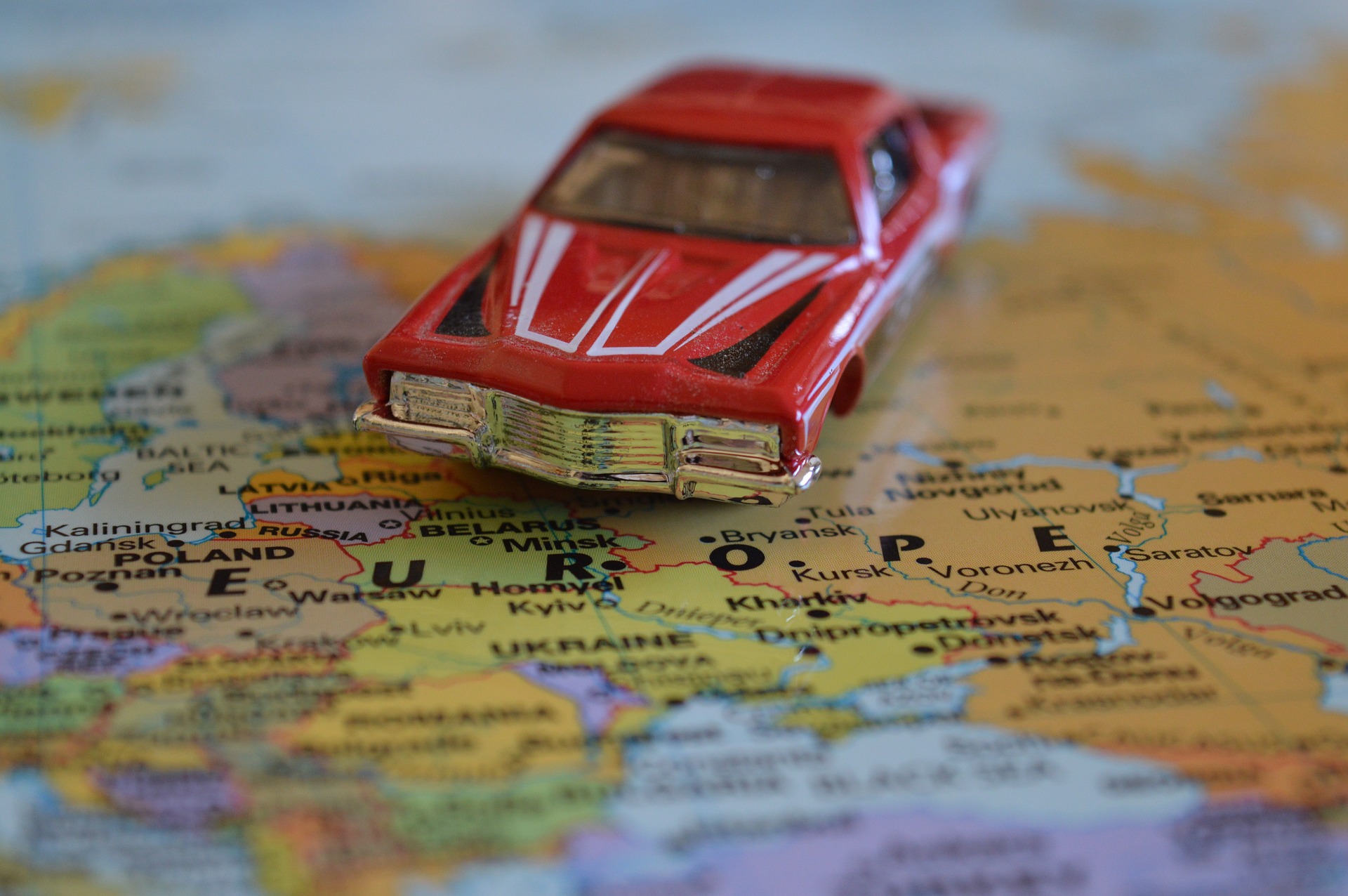 The European Union is challenged facing a dilemma. The institution has to deal with what happened in Belarus but is also confronting a military tension with Turkey. The other side, is that the European Union is front of other global power such as the USA and Russia. These neighbour crisis split the old continent. On one hand, Poland and Baltic countries see in the Belarus a priority whereas the south of Europe sees it in the incident with Turkey an emergency. In order to figure it out and find some sustainable solution, the European Union reunited the 1st October to discuss about sanctions and potentially put efficient plans into action to answer these questions. This is a crucial point because it represents a kind of challenge for the institution which has been a lot criticised these last years. Paris talks about a « Powerful Europe » which is able to stand out by its choices and geo-strategical measures. E.Macron, the French President, through the OSCE supports the democratic transition of Minsk, in the same time, Turkey lead by Erdogan it’s not considered as being a partner by the European Institution, which brought a reaction from the Turkish president. Therefore, the tone rises between both Turkish and french president. In reaction and because the alliance principle (mostly to show its influence) France sent to Greece some military equipment such as military flight, helicopter carrier, and frigate. Turkey took the occasion to declare that is about to be a military incident in the area.
The European Union is challenged facing a dilemma. The institution has to deal with what happened in Belarus but is also confronting a military tension with Turkey. The other side, is that the European Union is front of other global power such as the USA and Russia. These neighbour crisis split the old continent. On one hand, Poland and Baltic countries see in the Belarus a priority whereas the south of Europe sees it in the incident with Turkey an emergency. In order to figure it out and find some sustainable solution, the European Union reunited the 1st October to discuss about sanctions and potentially put efficient plans into action to answer these questions. This is a crucial point because it represents a kind of challenge for the institution which has been a lot criticised these last years. Paris talks about a « Powerful Europe » which is able to stand out by its choices and geo-strategical measures. E.Macron, the French President, through the OSCE supports the democratic transition of Minsk, in the same time, Turkey lead by Erdogan it’s not considered as being a partner by the European Institution, which brought a reaction from the Turkish president. Therefore, the tone rises between both Turkish and french president. In reaction and because the alliance principle (mostly to show its influence) France sent to Greece some military equipment such as military flight, helicopter carrier, and frigate. Turkey took the occasion to declare that is about to be a military incident in the area.
How the European Union handles this situation ?
Germany, which is the rotating chairmanship with the mediation role in the Turkish case, doesn’t think sanctions are necessary. Why ? Simply because Erdogan has proved his good faith toward the European Union, but is this really enough ? As we know, relations between Turkey and Europe has known some tensions and Turkey leads controversial policies according the European institution. To remind, Turkey is candidate for the European Union since 2007 and because of many criteria has not become a member of the organisation yet.
More than the geo strategical challenge, the situation marks a turning point in the European Union institution showing up, for the first time since a while, a division of roles between the 27 members. Thereby the traditional Europe is faded to highlight these new measures which are more in the age of time. However, as in any State’s institution, organisation we can see the problem due to the Veto Right.
In fact, to take any decisions and apply any measures the European Union needs the absolute majority of members which means if in the 27 states, there is one only against, there nothing we can do , but to discuss as long as needed to get any agreement and then take decisions. Precisely, in this Case Cyprus has put its VETO about decisions targeting Belarus while Turkey is not hit by any sanctions from the European Union institution. In the same time , State members of the European Union do not recognise the elected president Loukachenko in Belarus, and they have been in touch with the figure of the opposition Svetlana Tikhanovskaïa.
What is going on in Belarus leading Europe to take measures ?
As we could see, the elected president Loukachenko is accused of electoral fraud and popular movement has been striking all around the country each Sunday since the 7th of August 2020. At the head of the state since 1994, he’s now a controversial president especially by Svetlana Tikhanovskaïa who is a big figure of the opposition now exiled in Latvia. She’s calling the county to a general strain on the 25ht of October and asks Loukachenko to quit his function as president until this date. To give a context, since the protests about the election has begun, Belarus is using repressive forces against its population and all figures of the opposition. There are two exits, on the one hand, they go straight to prison (political prisoners ) or they can escape and be exiled to neighbour country such as Latvia has Svetlana Tikhanovskaïa did.
The challenges are big, because Belarus represents one of the country member of the Ex-USSR, in democratic transition and also represents a strategic place both for the EU and Russia.
Today, Belarus is targeted by the European Union for not respecting the Human Rights but also because of the political context. As mentioned, European countries do not consider Loukachenko as president. Moreover the European Union denounces the practices of the Belarus government toward its population for not being democratic. For the moment, the European union is watching closely the situation in here and is waiting to see which direction all of this is about to take. The other side of the problem if we can say, is that Putin has shown a big interest about Belarus, which permits him to get closer of the Europe and as we know Belarus used to be a strategic point of the Ex-USSR. The situation between Turkey and the European Union highlights the differences of ideology , strategy and diplomacy because it turns to a balance of power. Meanwhile, the situation in Belarus tends to political strategy with on the one hand we have the European Union watching the situation and having an institutional point of view linked to its values such as human right and democratic practices, and on the other hand we have russia getting closer of Belarus.
This a crucial situation in Europe, not only because it happens in the European continent, but also because it directly involves Poutine and we know how much he is controversial in Europe.

